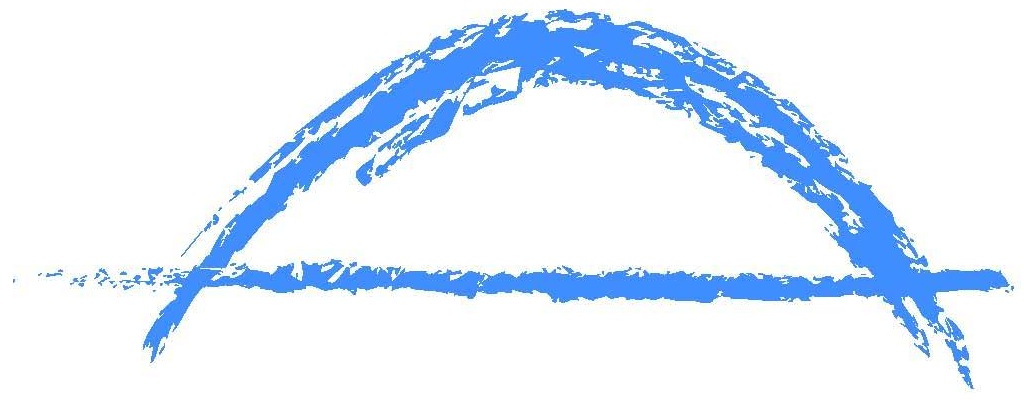Post details
We have the protocols already at indieweb.org
Kevin Marks (@kevinmarks)Wed, 01 Jul 2020 06:12 +0000
We have the protocols already at indieweb.org
Kevin Marks (@kevinmarks)Wed, 01 Jul 2020 06:12 +0000
I'm quite heavily into the IndieWeb movement, in which we've designed a new standard Microsub which allows for a slightly better API than "regular" RSS/Atom readers, as it allows for you to use different feed formats on the backend. It also splits between the client and the server quite nicely, so I can use Indigenous for Android when on the move, and Monocle when I'm on the desktop. The best thing about the standard, aside from allowing extensible feed parsing, is that I can use different clients to read it, instead of relying on a single provider - which I believe we've seen with some of the RSS/Atom readers around currently.
The server I use is Aperture, built and run by Aaron Parecki, and I subscribe to a mix of RSS/Atom, JSON Feed and Microformats2 feeds
You can make it work with tools like https://twitter-atom.appspot.com/ or https://granary.io (from Ryan Barrett) which help convert to a feed format of choice. Those of us in the #IndieWeb are still heavily using open standards 👍🏽
The past couple of weeks I’ve been working on a side project that actually made it to being finished and released! 🙌 A JavaScript #microformats parser aimes.me.uk/2020/05/18/wri…Aimee Gamble-Milner (@aimeegamble)Mon, 18 May 2020 16:45 +0000
Rendering Micropub Client Data on Posts (2 mins read).

Sharing more information about Micropub clients that have created a post, if possible.
Creating a 'Firehose' Feed (2 mins read).
Splitting out my content feeds, so it's (hopefully) more applicable and less noisy for consumers.
My #PersonalWebsite is https://www.jvt.me and as I'm very into owning my own data and being part of the #IndieWeb, I'm replying to this tweet from my website!
Site itself is Hugo and hosted on Netlify
Just pushed a release of Indigenous which now comes with a built-in anonymous account. The reader has some default channels and you can even change the endpoints without having the need of an IndieAuth enabled site! #indiewebKristof De Jaeger (@swentel)Wed, 25 Mar 2020 19:07 GMT
Platform-Aware @-mentioning People on my Blog (2 mins read).
More easily mentioning others on my posts, and improving my interactions with Twitter syndication.
#HomebrewWebsiteClub Nottingham is on Zoom tonight, courtesy of the wonderful #IndieWeb organisers - you can find all the events details on https://events.indieweb.org/2020/03/online-homebrew-website-club-nottingham-anniversary-edition--Rcujt5SykHv1
It's about time to demo my personal website at #IndieWebCamp London - I've got some pre-written notes about what I want to talk about on https://etherpad.indieweb.org/IWC_London_Site_demos although some of you who know me will know I can talk for ages about my site and the #IndieWeb!
I've got this set up on my own site against https://www.jvt.me/img/profile.png and it's really great. No more finding that image you want to use - it's just there. It's available automagically via my Microformats2 h-card, so it can be machine discoverable, too. But I agree with Terence, it'd be awesome to have some standardised way to pull it from all my services, though.
What's the jvt.me at the end of your tweets? (1 mins read).
Answering why there are links to jvt.me at the end of all my tweets.
Google confirms Microformats are still a recommended metadata format for content (1 mins read).

Noting Google's continued support for Microformats as a metadata format.
Announcing Micropub-Media-Endpoint-Proxy (2 mins read).

Announcing a web-based solution for uploading files to your Micropub media endpoint.
It may not be ready by the #IndieWeb newsletter tomorrow, but I'm hoping my web-based Micropub media endpoint upload client will be live this weekend - exactly what would fit for https://jlelse.blog/micro/2020/01/2020-01-01-frviz/
If you like it you should put a URL on it
Scott Hanselman (@shanselman)Mon, 17 Feb 2020 21:37 GMT
Announcing Meetup.com Support for Bridgy Publish (2 mins read).

Announcing the ability to RSVP to Meetup.com events from your website, using Bridgy.
In this 9 minute podcast, Craig Burgess speaks about how he wished he'd got started on his #PersonalWebsite and doing more #blogging early on in his career. Craig also speaks about the #IndieWeb and why everyone should get involved.
I've just published the headlines of my #Spotify data for 2011-2019 on my site - https://www.jvt.me/series/music-in-review/ - organised per year, but also with a view across the whole decade! Enjoy a look into my music data #IndieWeb
I interact a lot with Twitter from my website, and as such the interactions you see are i.e. "Like of @indiewebcamp's tweet" which isn't super helpful. So I've just added the ability to mark up my interactions with some context of what the post was so it's eaiser to see without navigating there.
This is using the awesome https://granary.io/ and will hopefully make reading Twitter interactions through my site much nicer!
You can see https://www.jvt.me/mf2/2020/02/ihnc5/ for an example of what it'll look like (including photos!), and https://indieweb.org/reply-context for more info from around the #indieweb
There are also lots of #HomebrewWebsiteClub events across the world where you can come and build, or enhance, your personal website with something #IndieWeb related - we've got one in Nottingham! https://events.indieweb.org/tag/hwc
For anyone at #NaConf looking to learn more about owning your data and the #IndieWeb, I recently did a talk about it, with a transcript available at https://www.jvt.me/posts/2019/10/20/indieweb-talk/ which will hopefully shed more light!
As shared in a separate comment in the thread, there's the Microformats2 specification (see https://microformats.io) which reduces duplication seen with some of the other Semantic Web formats.
You can see an example of a parsing result at http://php.microformats.io/?url=https%3A%2F%2Fwww.jvt.me%2Fmf2%2F2020%2F01%2F2mylg%2F which produces a standardised structure for the resulting JSON, which makes interconnectivity much simpler.
Us folks in the IndieWeb (https://indieweb.org) have been using it for some time with great benefit, but it's always great to hear others reactions too!
#IndieWeb folks using Indigenous for Android (https://indigenous.realize.be/) or at least allowing a Geo URI (geo:51.501476,-0.140634) on their #Micropub endpoint - do you attempt to remap that longitude / latitude ref to a place, or do you currently just render it as-is?